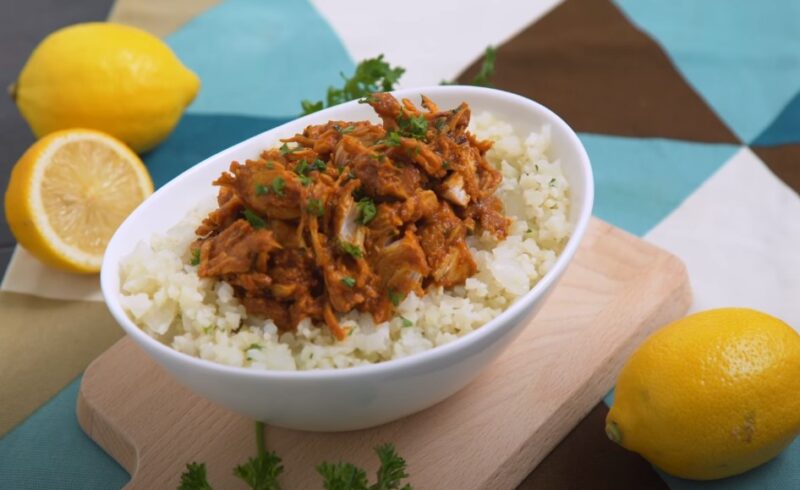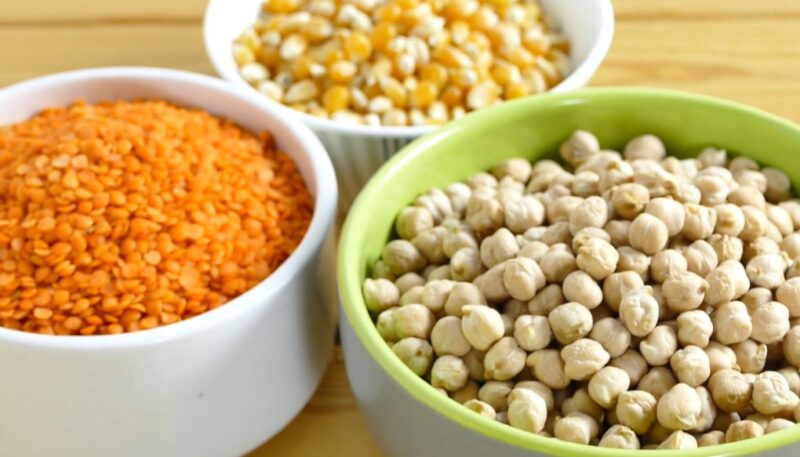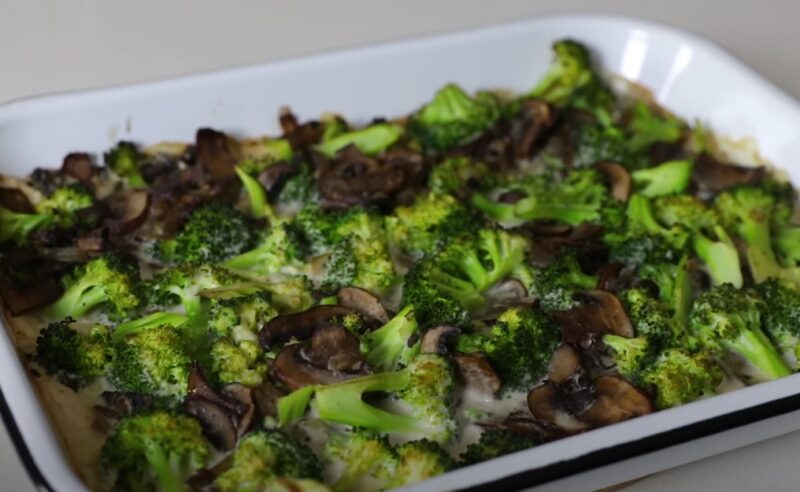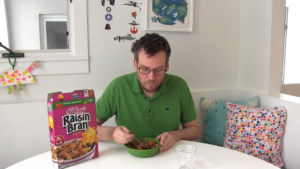As more people start to question the healthiness of processed and fast foods, many are turning to the Whole30 Diet to clean up their eating habits. Whole30 has gained a lot of attention, almost like the latest fad, and some of my friends have been asking what I think about it.
At first glance, it seems like a great way to cut out the junk and focus on whole foods. The Whole30 Diet even starts with the simple rule, “Eat real food.” But when you take a closer look at the rules, you’ll see that a lot of what we normally consider “real food” is actually off-limits. Let me explain why I think the Whole30 Diet isn’t the best way to approach healthy eating.
The Program Bans Grains
One of the most confusing aspects of Whole30 is its complete ban on all grains, even the healthy ones like whole grains. The reasoning? Grains are said to contain “problematic proteins,” like gluten, which the diet’s creators claim are harmful to everyone—not just people with celiac disease or gluten sensitivity.
Let’s break this down. Gluten, which is found in wheat, barley, and rye, can definitely cause issues for people with celiac disease, triggering inflammation and damaging the small intestine. But for most people, gluten isn’t a problem at all. In fact, whole grains like brown rice, quinoa, and barley are packed with nutrients and have actually been shown to reduce inflammation, not cause it.
A study in the American Journal of Clinical Nutrition found that eating whole grains can boost the levels of good gut bacteria, which are key players in reducing inflammation and supporting overall health.
Whole30 Eliminates All Legumes
If banning grains wasn’t questionable enough, Whole30 also says no to legumes—another group of incredibly nutritious foods. The diet’s creators argue that legumes, including beans, lentils, and peas, contain phytates that might block the absorption of some nutrients.
While it’s true that phytates can reduce the bioavailability of certain minerals, that doesn’t make legumes unhealthy. In reality, phytates have antioxidant properties and have been linked to various health benefits, like a lower risk of cancer and reduced cholesterol levels.
Plus, legumes are a fantastic source of protein, fiber, vitamins, and minerals. They’re a major part of many traditional diets around the world, from the Mediterranean to South Asia, and have been associated with longevity and a lower risk of chronic diseases.
The irony is pretty clear—Whole30 fans ditch legumes because of their phytates, but then go ahead and embrace other foods, like kale, that contain these same compounds. It’s like they’re picking and choosing which imperfections to tolerate, ignoring the overall nutritional value of these foods.
Dairy Is Excluded As Well
Whole30 also cuts out all dairy products, claiming they’re inflammatory and potentially harmful. But the truth about dairy and health isn’t so straightforward. While some research has challenged the idea that dairy is crucial for bone health, other studies have shown that fermented dairy products, like yogurt and kefir, can be really good for your gut.
By banning all dairy, Whole30 overlooks the potential benefits of these foods and pushes the idea that dairy is bad across the board, which isn’t accurate. When you take grains, legumes, and dairy out of your diet, what’s left to eat? The Whole30 plan ends up being super restrictive, leaving you with fewer food choices and making it tough to stick to a balanced and enjoyable diet.
Food Should Be Enjoyable
One of the most troubling things about the Whole30 diet is its approach to what it calls “psychologically unhealthy foods.” The creators of this diet have banned things like smoothies, healthy baked goods, and even recipes that resemble comfort foods. Why? Because they believe these foods are too similar to the processed junk they want you to avoid, and eating them could supposedly trigger unhealthy cravings or behaviors.
This kind of thinking isn’t just off-base – it’s harmful. By labeling certain foods as “psychologically unhealthy,” Whole30 pushes a joyless and punishing view of eating. The idea that healthy eating has to involve strict rules and sacrifice is damaging. No wonder so many people who try Whole30 end up going right back to their old eating habits once the 30 days are up.
Healthy eating should be something sustainable, something you can keep up for life—not a 30-day sentence. There’s nothing wrong with enjoying a smoothie made with fresh fruits and greens or indulging in a slice of homemade banana bread that’s naturally sweetened.
In fact, finding joy in what you eat is key to having a healthy relationship with food. When you appreciate and savor the flavors of wholesome ingredients, you’re more likely to stick with healthy eating in the long run.
The Whole30 “Hangover”
Another concerning aspect of Whole30 is how it normalizes feeling terrible as part of the process. The diet’s creators admit that in the first few weeks, you might experience headaches, fatigue, irritability, and what they even call a “hangover.” These unpleasant side effects are just brushed off as your body adjusting to a “cleaner” way of eating.
But here’s the thing: no diet that’s truly healthy should make you feel bad. Sure, increasing your fiber intake can sometimes lead to a little digestive discomfort at first, but that can usually be managed by gradually introducing fiber-rich foods and staying hydrated.
There Are A Few Beneficial Points…
Despite its flaws, the Whole30 diet does have a few good points. At its core, Whole30 encourages cutting out highly processed foods, which is definitely a step in the right direction. In today’s world, where convenience foods are often loaded with sugar, salt, and unhealthy fats, taking a break from these can be beneficial.
Whole30 also highlights the importance of avoiding added sugars and alcohol—two things many of us consume way too much of. The World Health Organization recommends limiting added sugars to about 6 teaspoons per day, but most people far exceed that. And while moderate alcohol consumption, especially red wine, has some health benefits, taking a month off to rethink your relationship with alcohol isn’t a bad idea.
However, these positive aspects are overshadowed by the diet’s overly restrictive nature and questionable science. The bottom line is that while there are valuable lessons to be learned from Whole30—like cutting back on processed foods and being mindful of sugar and alcohol intake—you don’t need to follow its strict rules to benefit from these ideas.
The Bottom Line
The Whole30 diet is a prime example of how diet culture can take a good idea—like eating real food—and twist it into something restrictive, unsustainable, and ultimately unhealthy. While the diet may have its heart in the right place with its emphasis on whole foods, its execution is deeply flawed.
By eliminating entire food groups based on questionable science, Whole30 sets people up for failure, both nutritionally and psychologically.
The key to healthy eating isn’t about following strict rules or depriving yourself of foods you love. It’s about finding a balanced, sustainable approach that works for you. This means enjoying a wide variety of whole foods—grains, legumes, dairy, and yes, even the occasional treat—in a way that nourishes both your body and your soul.







